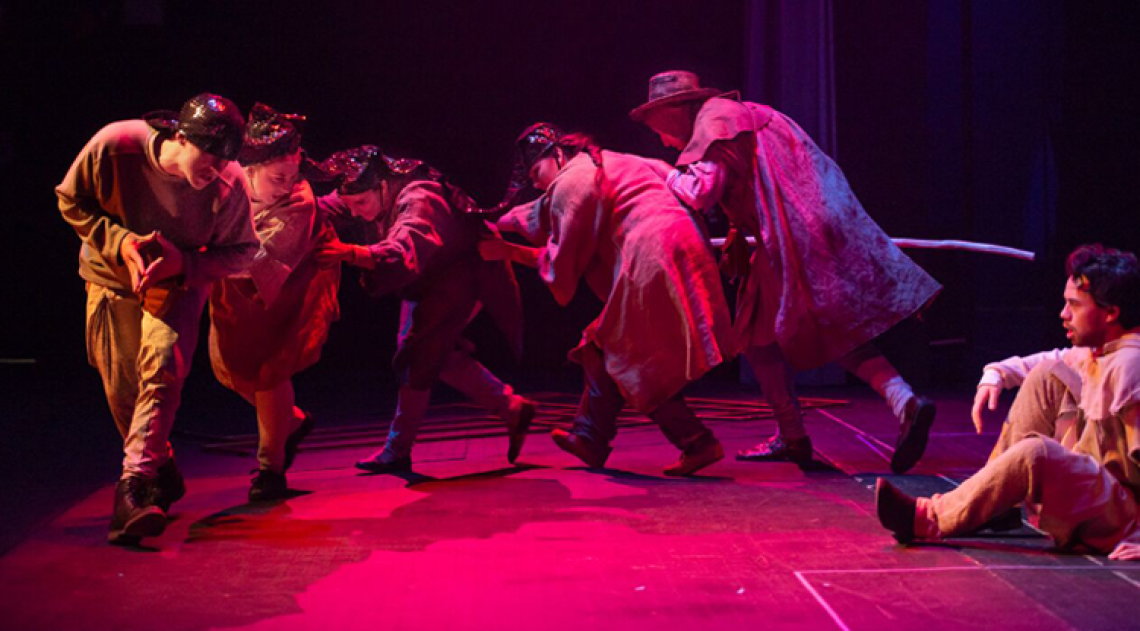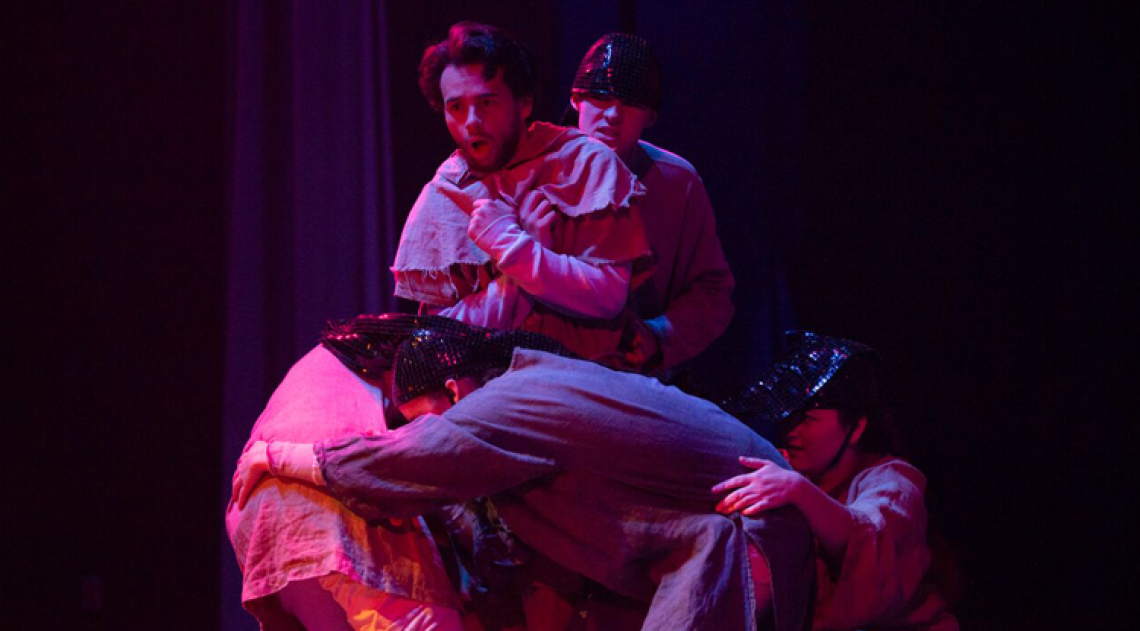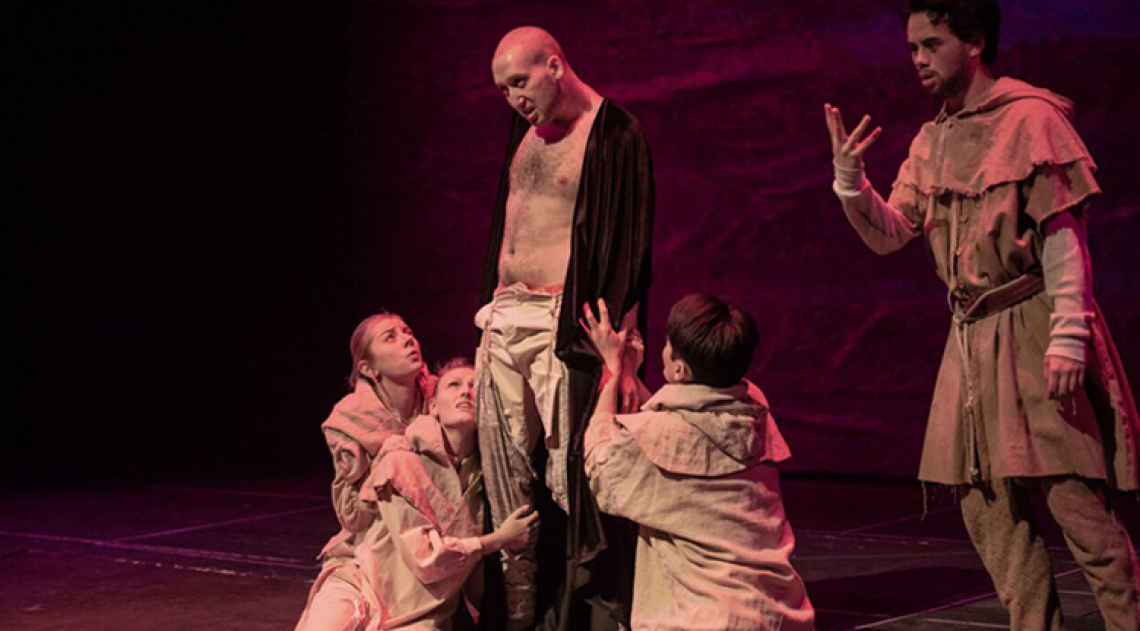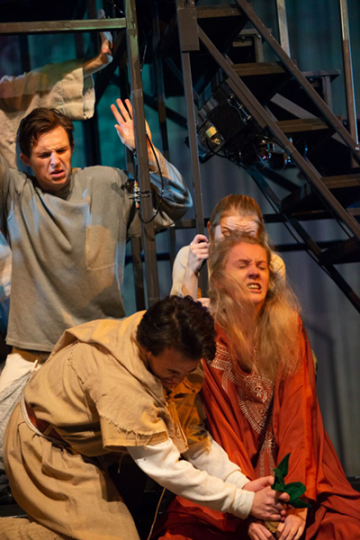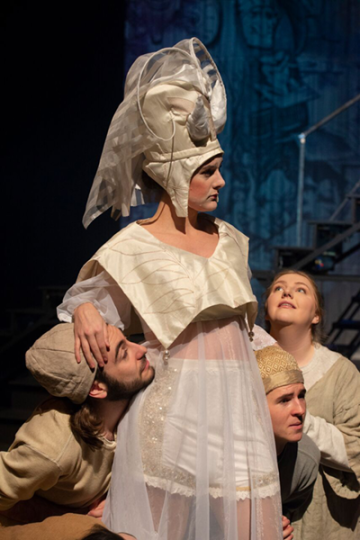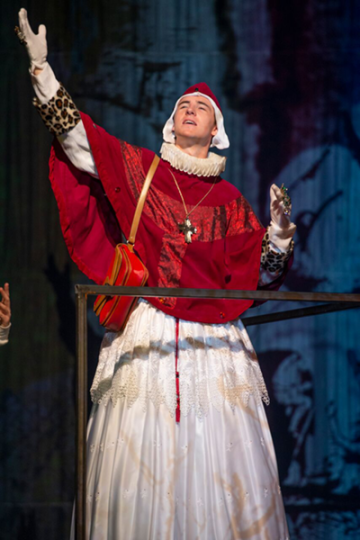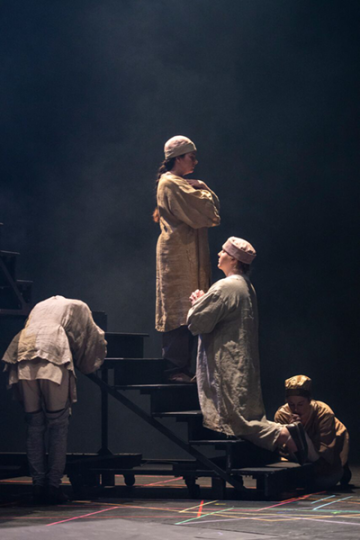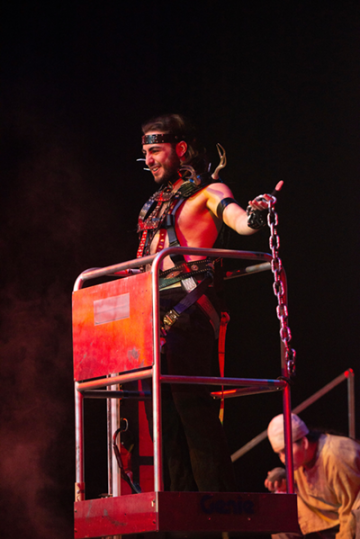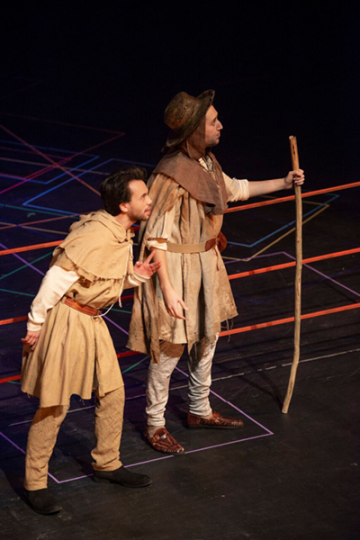Hope From The In-Between: Honors faculty member brings Dante’s Purgatory to the stage
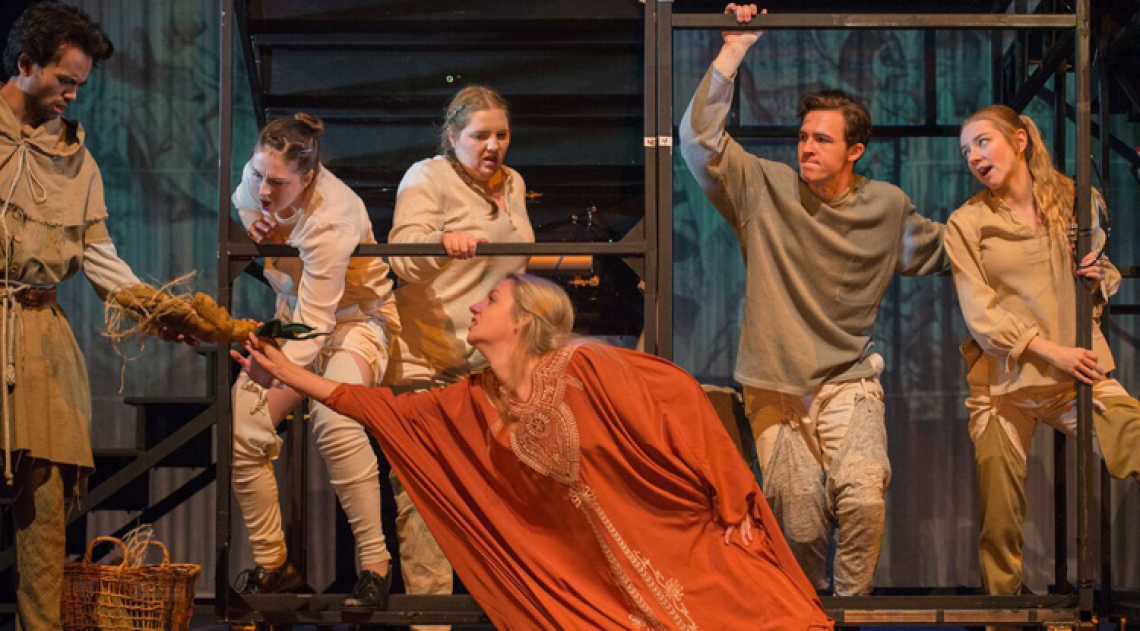
Stroll the streets of Florence, Italy and the breathless opulence of the Renaissance exerts itself at nearly every turn. Nestled among the shrines to commerce and benefactor-fueled artistry is the birthplace of Dante Alighieri. A Medieval poet, his “Divine Comedy” trilogy combined theology and political commentary in a manner that presaged the approaching economic tidal wave along with the current state of media today: He named names, without apology, as he placed them either in Hell, Purgatory or Paradise.
Honors College Interdisciplinary Faculty member Patrick Baliani has turned both historic and timeless observations into a compelling translation and adaptation of Dante’s second volume, Purgatorio, directed by Margot Dionne. Recently staged in Halifax, Nova Scotia at Dalhousie University’s Fountain School of Performing Arts, the work finds hope and humor in the travails of the travellers as they encounter contrite supplicants working out their weaknesses in between Hell and Paradise.
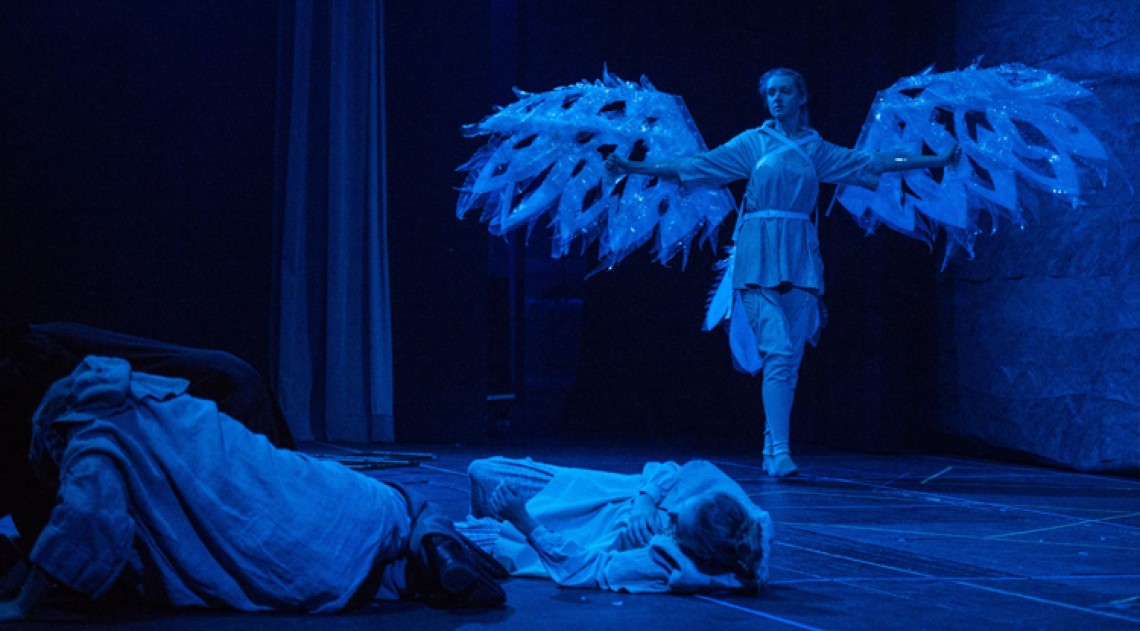
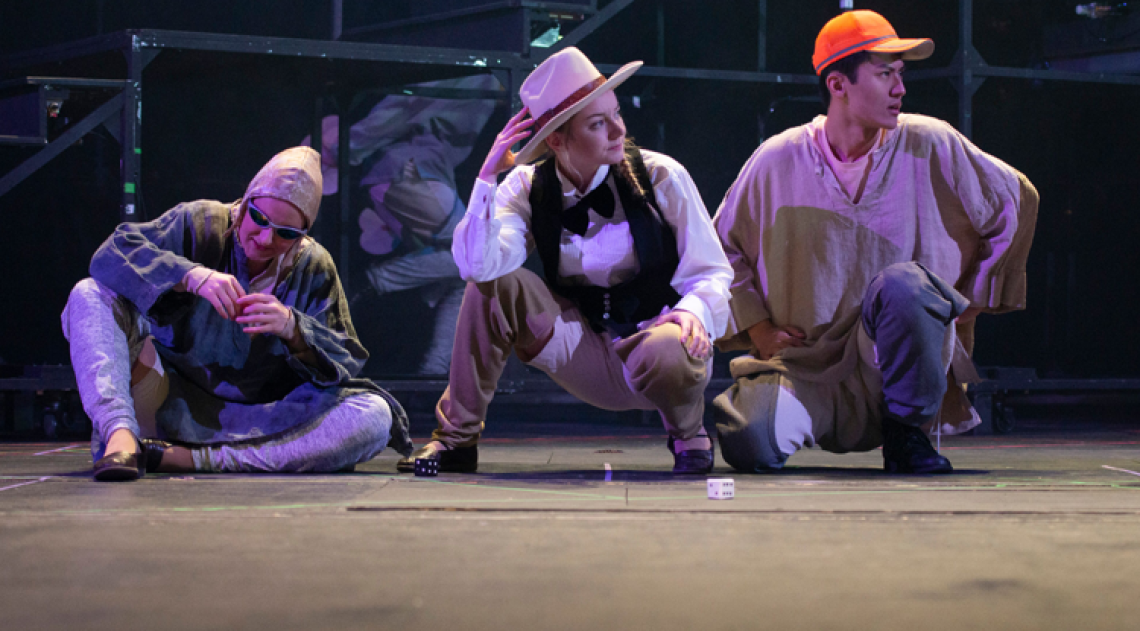
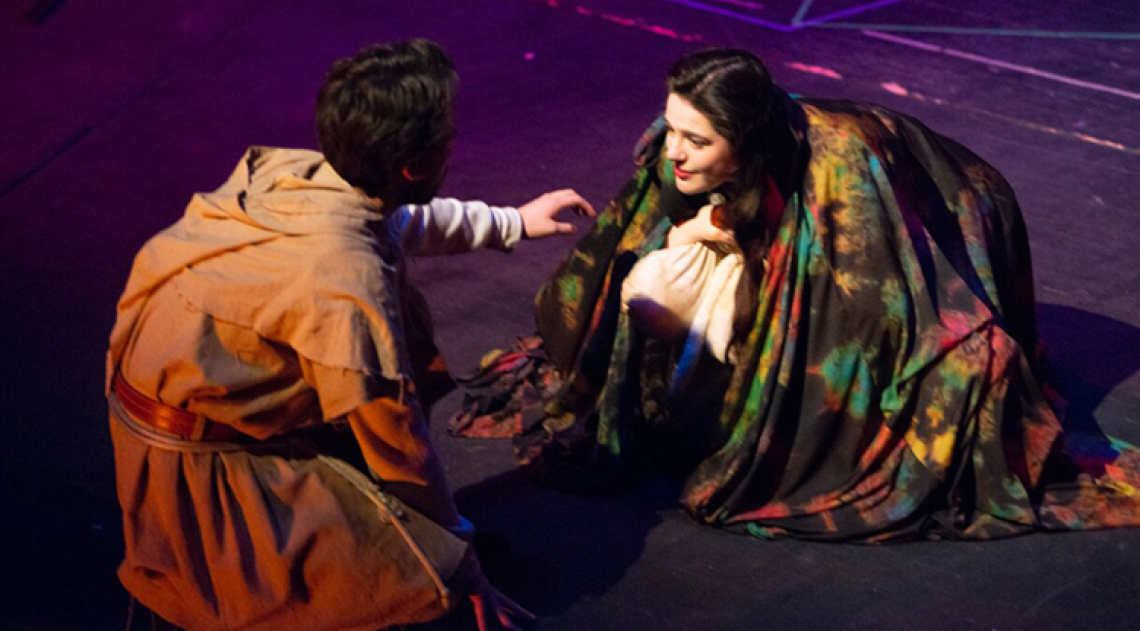
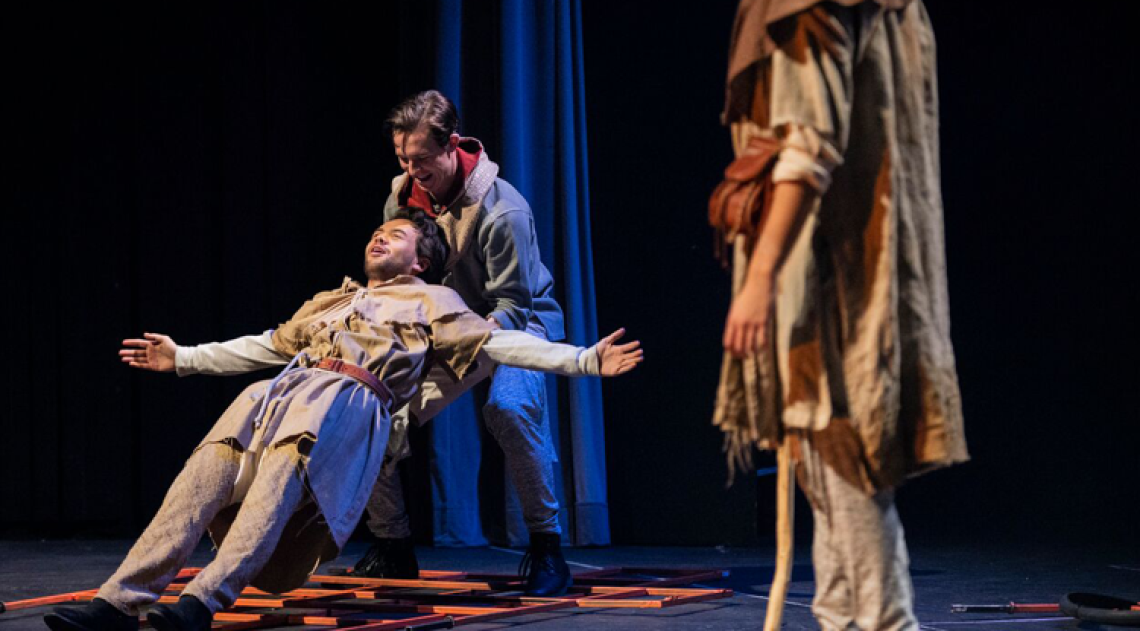
At the same time, the hypocrisy of clergy and the punitive nature of politicians are on display for Dante and his guide Virgil at every turn in the upward road. The author himself was exiled from his native city, subsequently banned for life, and turned his itinerancy into passion revealed in The Divine Comedy, completed in 1317 only four years before his death.
Balianiâs script invites the reader (and audience, when presented on stage) first to observe, then to make decisions about their own state as fallible humans. Plenty of shortcomings in character are served up, with the authorâs comedic twists merely giving the serious questions time to sink in: Each of Seven Deadly Sins get their own âterrace,â where pride, envy, wrath, sloth, avarice, gluttony, and lust are brought dramatically to life.
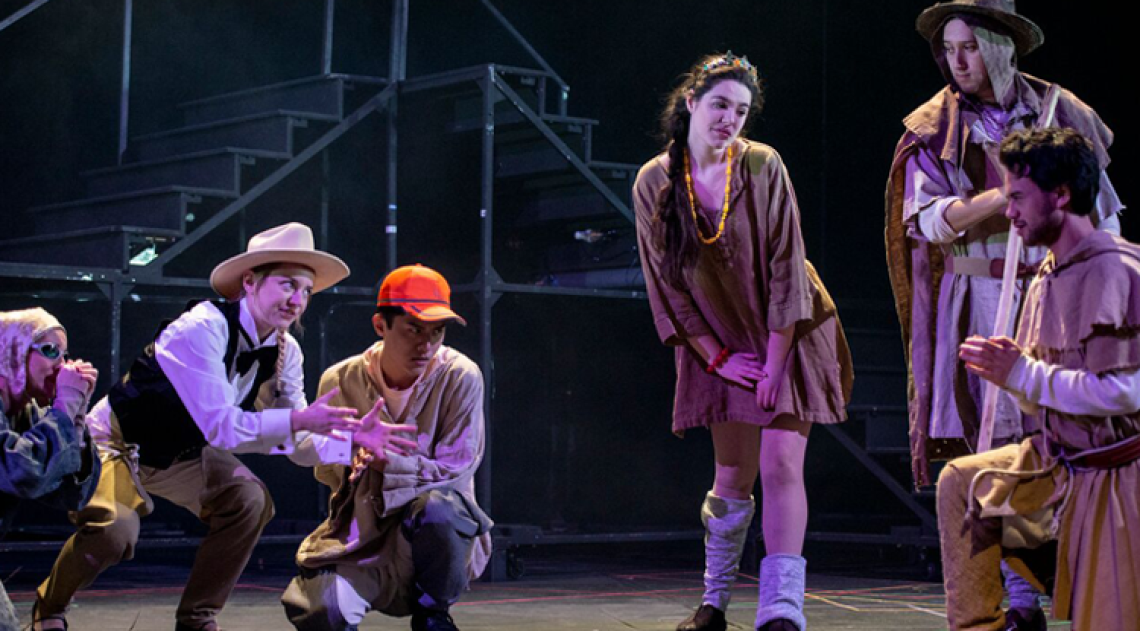
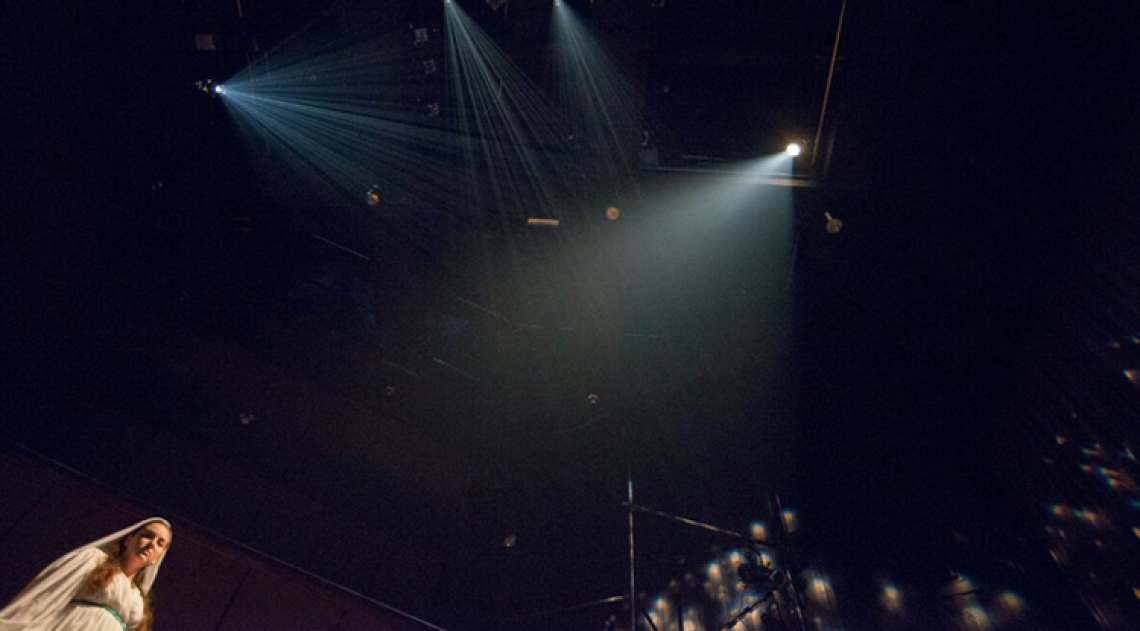
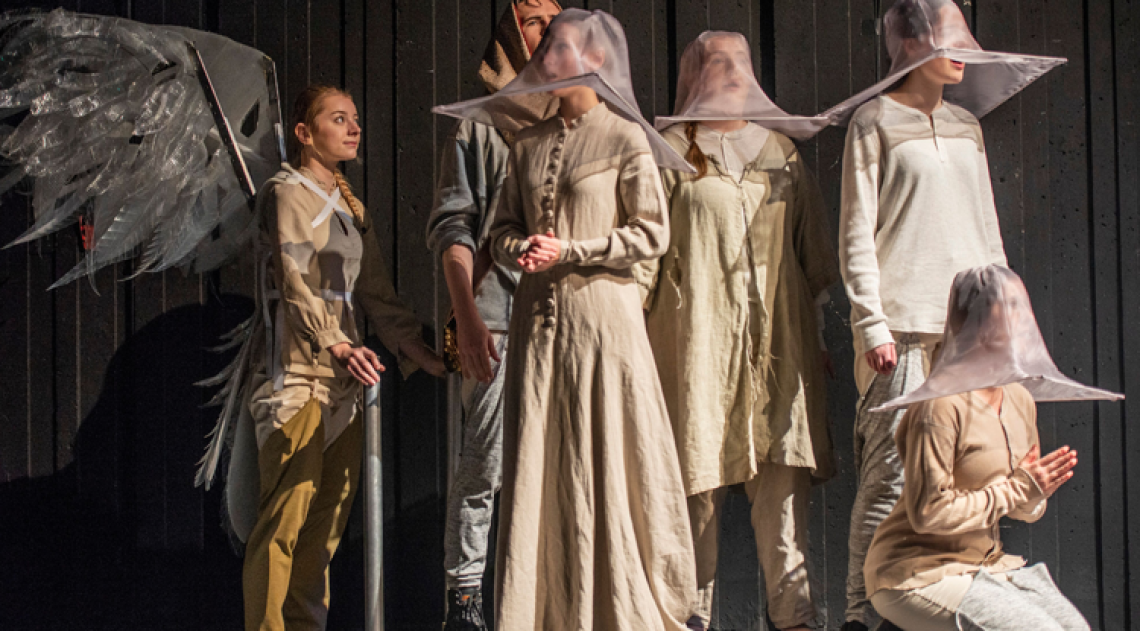
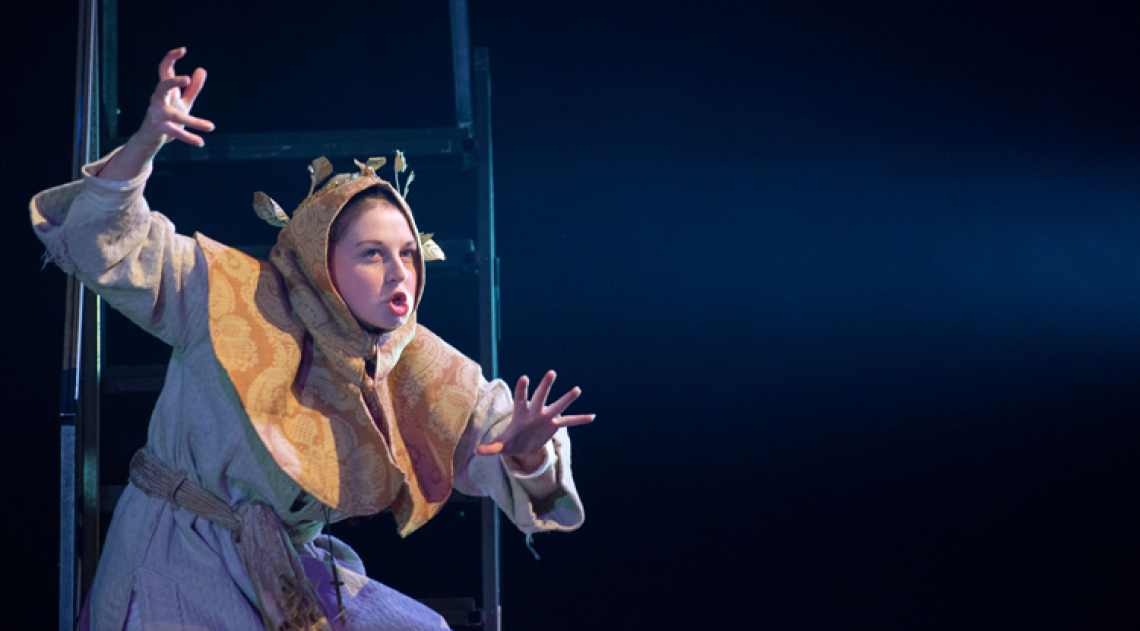
All of this transpires on one day, Easter Sunday, 1300, from sunrise to sunset. Observes Baliani, âI find Purgatory to be the most dramatic of Danteâs three great visions of the afterlife. Unlike Heaven or Hell, Purgatory is full of hope -- change is possible even though climbing Mount Purgatory is arduous. Souls in Purgatory strive, aspire, dream, pray, sing, laugh, and cry. Agency, as well as urgency, exist since Purgatory is temporal. All in all, the stuff of living theatre!â
